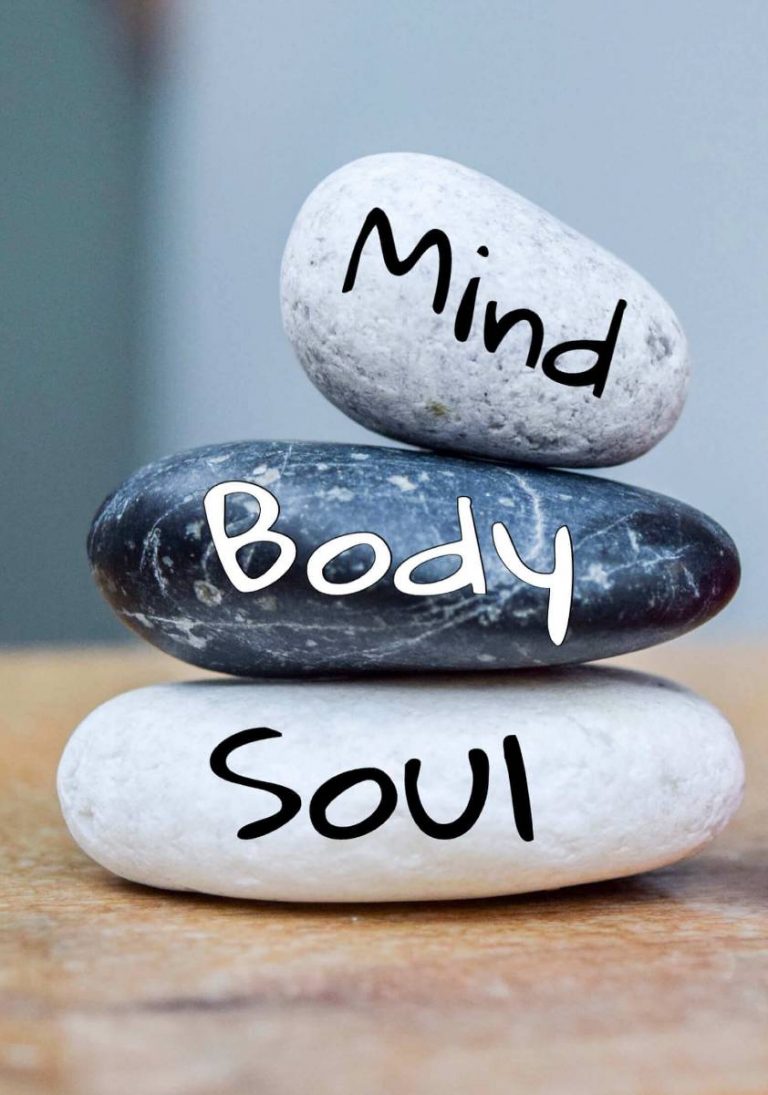Address
6050 N 9th Ave Suite D Pensacola FL 32504
Work Hours
Mon: 10am – 6pm
Tues: 10am – 6pm
Wed : 9am – 4pm
Thurs: 9am – 12pm
Fri - Sat- Sun: Closed
Holistic health is really an approach to living. Rather than focusing on a particular part or form of the body, this old, but timeless approach to healthy living considers the entire person and how she or he interacts with the world and with his or her physical environment. It considers the relationship of body, mind, and spirit. Holistic health also puts more attention on being present in the present moment rather than worrying about tomorrow. Holistic health practices stress that the key to optimum health is by connecting with a higher power or a source of knowledge, either through a spiritual guide, a teacher, or a health practitioner such as a naturopath, herbalist, or a therapist.
Holistic health may be considered as a branch of alternative medicine, which traditionally treats disease using a combination of medicine and treatments that are unrelated to the disease. Holistic healing may involve various forms of treatment including dietary changes, lifestyle changes, exercise, therapies, homeopathic or herbal remedies, meditation, spiritual beliefs, and dietary supplements. Holistic Healing often involves a whole-body approach to healthy living as well as individualized programs for pain and injury, skincare, sleep, nutrition, and allergies.
Holistic health is not a new concept. In fact, for thousands of years, people in different cultures have recognized the importance of maintaining a balance between mind, body, and spirit and how these three aspects can work hand in hand to provide optimal physical, mental, and emotional health. Holistic health evolved from a desire to understand the inter-relationship among the body, mind, and environment; and to find ways to maintain a balance between the three to achieve optimal health. The early masters of holistic health recognized the inter-relationship among the organs of the body and the mind and their effect on each other including the impact of stress on mental and physical health. They also recognized the effects of illness on the mind and the impact that illness-whether chronic or acute-on the physical health.

Holistic health and wellness are influenced by a number of factors. People who perceive themselves to be unhealthy or unhappy are more likely to develop illnesses and disorders. Likewise, people who feel mentally or emotionally challenged are more prone to develop illnesses and disorders. In addition, the behaviors and thought patterns associated with illness can also lead to poor self-esteem. These factors then feed into a vicious cycle whereby poor self-esteem impacts physical health and then mental health, and so on.
Holistic health and wellness then refer to an overall state of good health, which is influenced by a variety of causes and contributing factors. The word holistic actually comes from the Greek words holism (state) and medicine (acting). The state of being holistic generally refers to an absence of conflict, disarray, or disorder in one’s life. By contrast, a state of being healthy generally refers to a balance between the mind and body. Holistic health and wellness, therefore, are a mental state that is influenced by a combination of physiological and psychological factors.

There are several ways to achieve a holistic wellness state. For example, regular exercise is very important to improving one’s physical health. Exercise helps reduce stress, which has been shown to be a major contributing factor to the development of many illnesses and disorders. Regular exercise helps improve the immune system and decreases the risk of cardiovascular disease and cancer. A holistic approach to wellness, therefore, involves reducing stress, removing toxins from the body through regular exercise, and improving one’s mental and physical health. In addition, a balanced diet is necessary to maintain a healthy weight, which is strongly linked to a lower incidence of chronic illness.
Holistic health and wellness are also closely linked to spirituality. Many people report a sense of spiritual connection and inner peace after experiencing a holistic approach to fitness and illness. Many people who have experienced illness and healing find that their whole person was transformed for the better. Holistic health and wellness are mental states in which the mind, body, and spirit work together to promote a balance of health and well-being.
As you can see, holistic health and wellness are about much more than exercise and a balanced diet. Holistic health and wellness are a way of life that promotes health and vitality throughout the entire person. Holistic medicine, on the other hand, is an approach that emphasizes the prevention of disease through a comprehensive approach that includes diet, nutritional supplements, stress management, and lifestyle counseling. By practicing a combination of dietary, nutritional, and behavioral changes along with regular exercise and relaxation techniques, a Holistic Health and Wellness program can bring tremendous improvement to your health and well-being. Holistic medicine, therefore, is not a fad or a trend; it is a genuine and valid form of medical practice that is quickly gaining popularity among the general public.
